#Visit Austria
Text
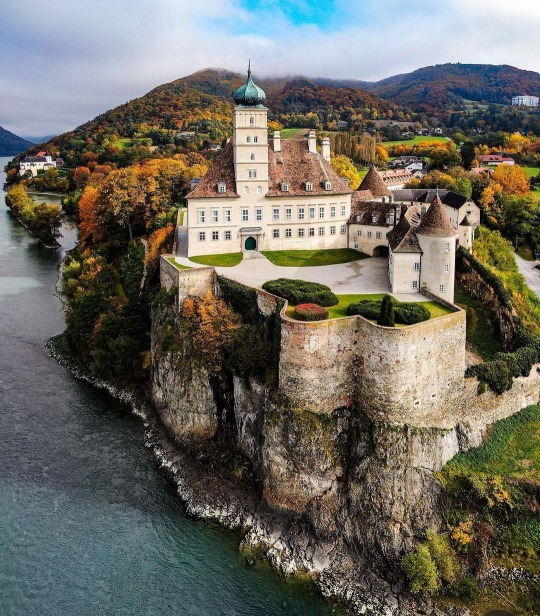
Schloss Schonbuhel / Austria (by Dominik Schenk).
#osterreich#austria#wachau#schloss#castles#schonbuhel#autriche#visit austria#travel#wanderlust#placestovisit
452 notes
·
View notes
Text
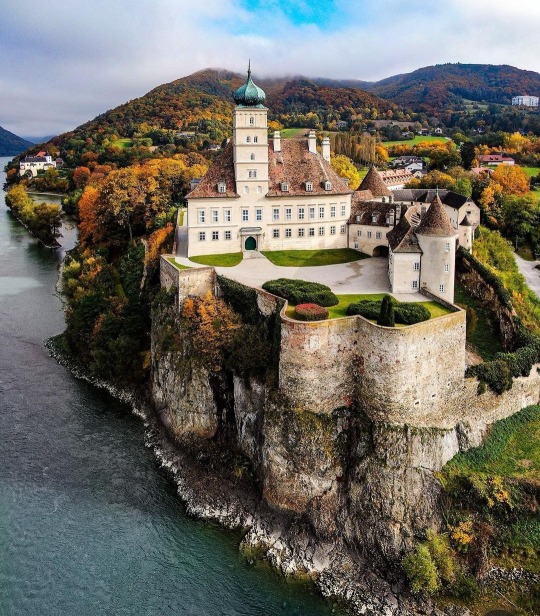
Schloss Schonbuhel / Austria (by Dominik Schenk)
#osterreich#austria#wachau#schloss#castles#schonbuhel#autriche#visit austria#travel#wanderlust#placestovisit
11 notes
·
View notes
Text
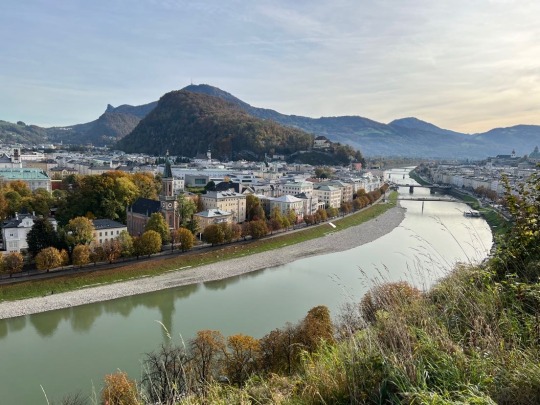
📍 Salzburg, Austria 🗺️ 🇦🇹 30/10/2023
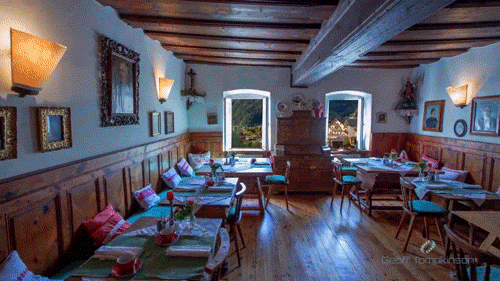
#my adventures#youtube#freshair#nature#photography#cityphotography#autumn 2023#artists on tumblr#artworld#cityexploration#visit Austria#austria
1 note
·
View note
Text



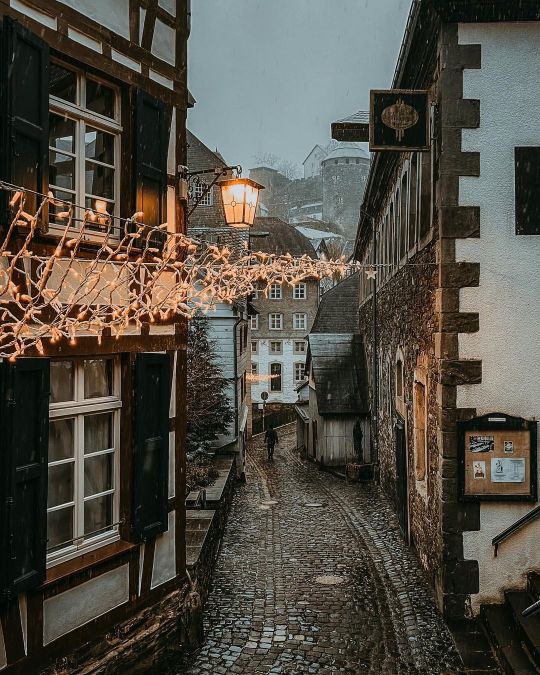

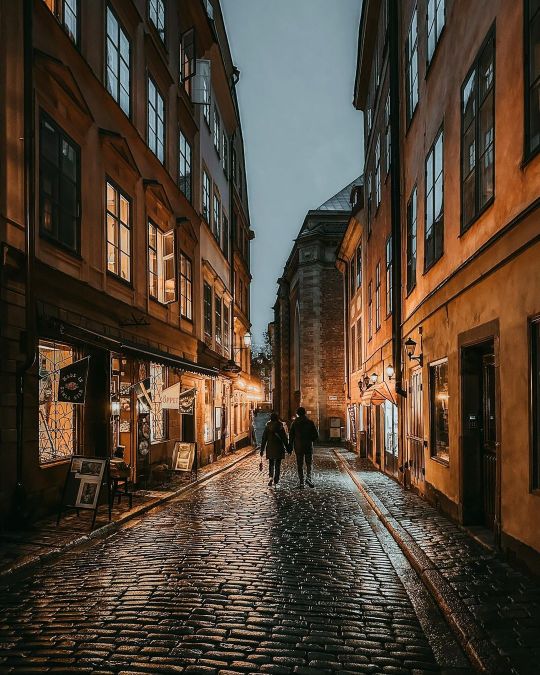
Instagram credit: ichmiles
#edinburgh#scotland#united kingdom#palermo#italy#monschau#germany#karlskirche#vienna#austria#stockholm#sweden#europe#visit europe#beautiful architecture#architecture#travel#villages#photography#beautiful places
3K notes
·
View notes
Text
Austria, furious: Friedrich Ludwig Stephan Heinrich Von Bielschmidt what is the ONE thing I told you not to do?
Germany, sheepishly: join a dueling corp.
Austria: and what did you do?
Germany: ... join a dueling corp.
#hws germany#hws austria#he came home for a visit from university with a fresh schmisse and Roderich just about killed him#hetalia#hetalia incorrect quotes
20 notes
·
View notes
Text

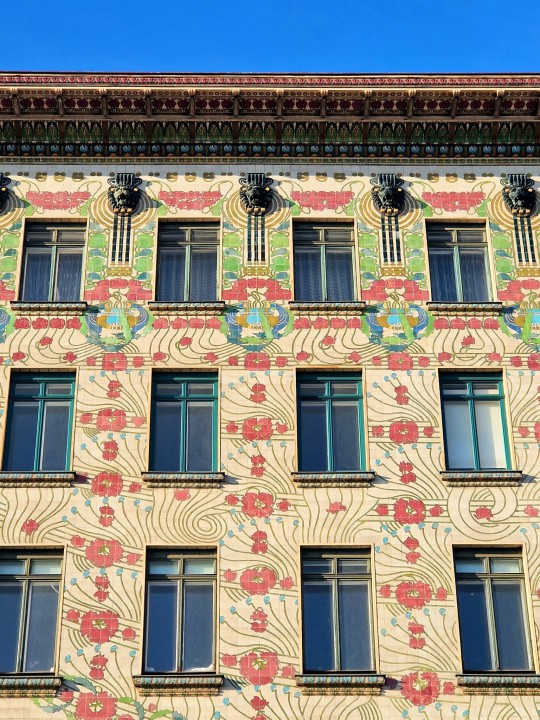
#street photography#street#street art#vienna#wien#city life#city scene#architectdesign#architecture#houses#beauty#beautiful#pattern#floral#traveling#travel#travel blog#places to visit#tourism#austria#structure#structures#facade
13 notes
·
View notes
Text
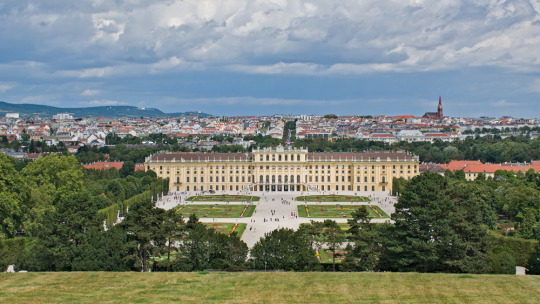

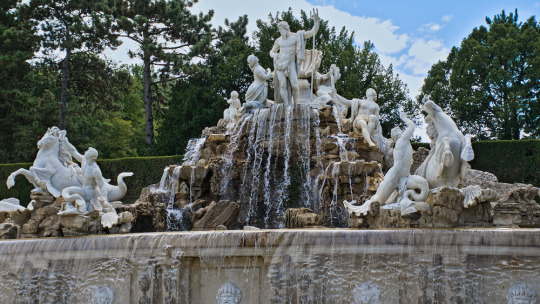







Schonbrunn palace and gardens, Vienna
#schonbrunn palace#schonbrunn gardens#vienna#austria#architecture#sculpture#habsburg#travel#tourism#original photographers#photographers on tumblr#photography#lensblr#original photography#places to visit
24 notes
·
View notes
Text

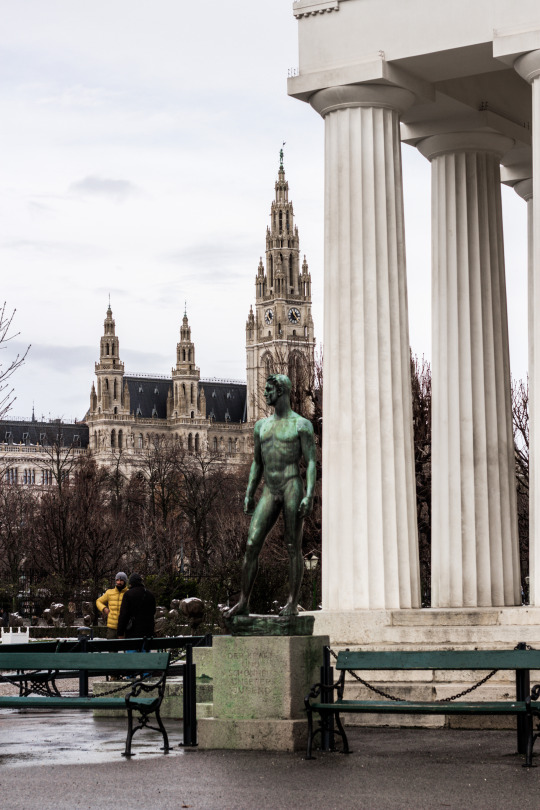
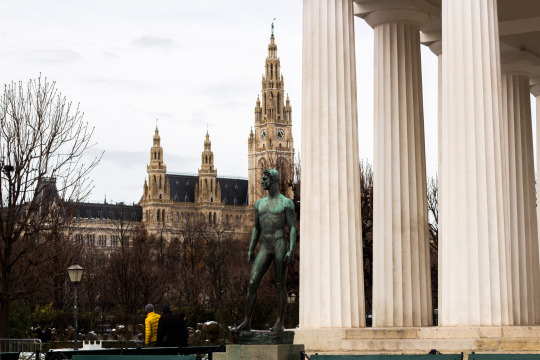
Volksgarten, Vienna, Austria.
#vienna#wien#vienna austria#austria#österreich#park#garden#city#sculpture#art#citycenter#travel#trip#visit#visit europe#europe#european#austrian#winter#aesthetic#civilisation#a e s t h e t i c#street#city life#city photography#canon#50mm#xix century#xix
15 notes
·
View notes
Text
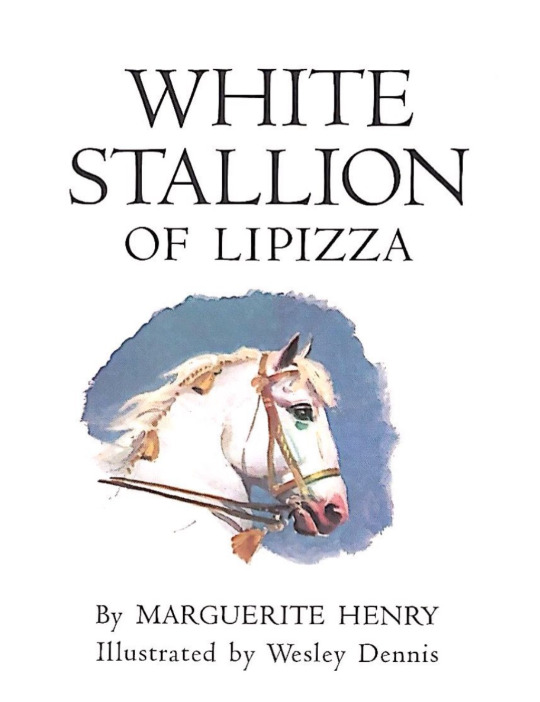
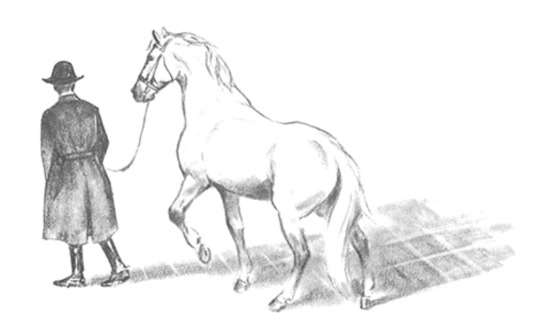
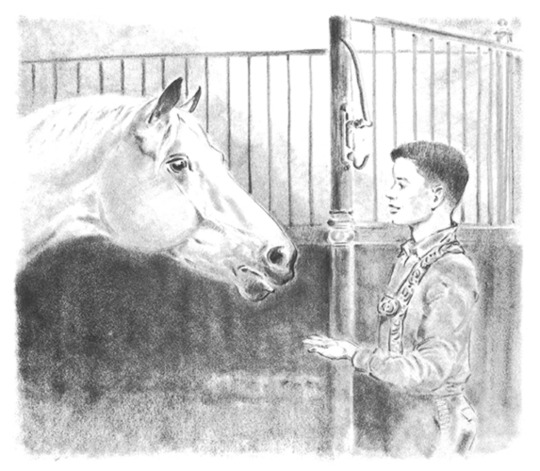
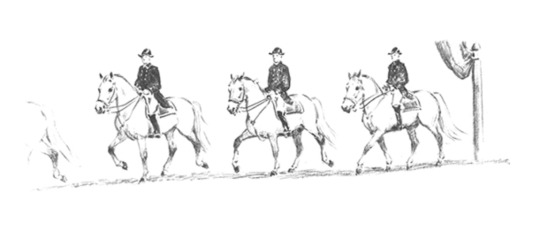
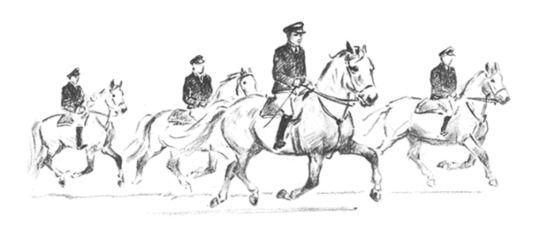
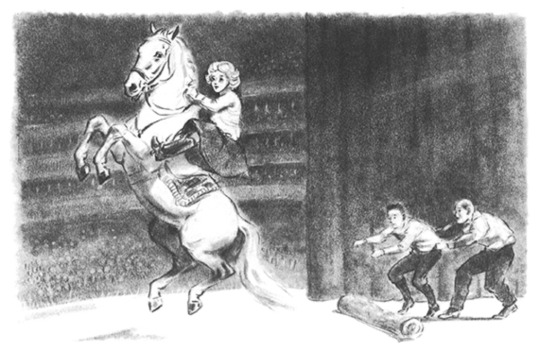
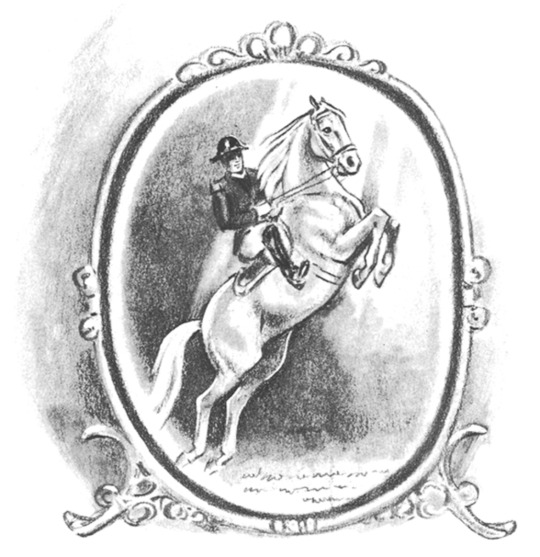

White Stallion of Lipizza (1964) written by Marguerite Henry, illustrated by Wesley Dennis
#it took so long to find a first edition cover#but i really like it!#it did take some work to not have the blue washed out#and the left side had a massive shadow on it#but it looks so nice!#i was not able to visit the academy when I was in austria#because i was only there for one day#and i was with a chemistry class#but alas#marguerite henry#wesley dennis#white stallion of lipizza#vintage#vintage books#horse illustration#horse art#equestrian#austria#lipizzaner#ink#equids#mr crisp
34 notes
·
View notes
Text

INTRODUCING BUDAPEST!
A new sub brand besides FOLKLORE and INTARSIA.
BUDAPEST is a collection of objects inspired by the exterior architecture of Eastern/Central European cities.



May you know, may you don't, I live in this gorgeous city with a long-long history. It started with aqueducts and amphitheaters from the Roman Empire, continued growing in the middle ages, got richer with baths built by the ottomans, earned wonderful baroque churches during Maria Theresia and her son Joseph II. A significant amount of buildings have survived from the Enlightenment Era and it reached its world-famous shape in the second half of the 19th century with tremendous growth. Also became known for its Art-Nouveau treasures, and its cafés became the center of the blooming cultural life of the 20s and 30s.
Each era is culturally rich enough for an entire season of CC and who am I to resist?
Creating sub brands helps sorting items by their look, function or social class. I created INTARSIA for the upper-middle class and the elite, FOLKLORE is for the poor and BUDAPEST is a collection of objects inspired by my beloved Budapest. I have a walking-route that I do twice a week, and it takes me from Kálvin Square into the historical dowontown of Pest, trough the famous Váci Street, along the Danube Promenade and then I arrive to the Parliament. Meanwhile I'm observing the historical facades and thinking about modelling them.
I'm planning to release more sub brands in the future, especially one that will be for post-war Eastern European lower-middle class.
See you soon!
#BUDAPEST#lilis palace#ts4 historical#wip#at the weekend and next week i'm going to visit Vienna is Austria. I'm about to make a ton of inspo pics all over the city >:) ahhaha
161 notes
·
View notes
Text
Aph Austria x Spain Headcanon
I’ve been lately thinking about Spain and Austria, because it is shocking (not really) that there’s so little content about them and that most people don’t even think of them as a couple (it is even listed as a “rare pairing” in Hetalia wiki), given it is one of the few stablished official pairs in Hetalia, to the point they’re shown to be married (and no, I don’t mean having an alliance, or cooperating, I mean, it is indeed stablished they were a married couple).
Tbh, this ship was not particularly appealing to me either, even though I usually like my ships to be historical, and you can hardly get much more historical than a Spain/Austria ship. I’ve always thought their personalities and tastes appeared to be too different to match. And no, I did not buy into the initial portrayal of Spain as a total airhead, happy-go-lucky, relaxed and smily guy, but still, they didn't do it for me (though the fandom largely exaggerated such traits, as Spain is actually shown to be sad and disappointed, and as someone somewhat wise, in one of his early appearances in the show). I think I always thought of Roderich personality to be too over the top. It’s okay to be strict (like Ludwig is), but he just seemed to be way too strict, way too proper, way too desdainful, way too bland and dull, at all times. There must be more to him that what we are shown, right?
But I have these moments when I think about how actually close they were, and about Austrians’ rather good opinion on Spaniards even after their countries’ estrangement (and not in a good way, I must add). I think about how Austria tried to mimick the very strict rules of the Spanish Court (Spanisches Hofzeremoniell) and the way the Spanish dressed (Spanish fashion was widespread at the time, as was Spanish culture, and language, but was specifically imitated in the Austrian Court), how he valued Spain’s experience and knowledge when it came to equestrian tradition (Spanische Hofreitschule), and how he enjoyed and liked Spanish composers (like Vicente Martín y Soler), even decades after they had fallen apart. Austrians also seemed to have considered Spaniards to be intelligent and wise people, powerful, but benevolent in battle, well dressed, lordly behaved, and righteous. Ironically, they thought the vice of Spaniards to be arrogance and vanity (funny it is apparently Roderich who comes off as the arrogant one in Hetalia, though, truth be told, everyone at the time seem to have thought of the Spaniards as arrogant and/or vain).
All in all, it has become a headcanon of mine that Roderich probably became the way we know him AFTER being married to Spain. Yes, I know in canon he is shown to be already that snooty before meeting him, heck, it is even said he gave Southern Italy to Spain, when actually those territories had belong to the Spanish monarchs (Kingdom of Aragón) for almost a century before Spain and Austria became acquainted, and it is historically pure nonsense to even imply the Kingdoms of Sicily and Naples, and Sardinia, were granted to Spain by Austria, when Spain (really, the Spanish monarchs of the Kingdom of Aragón) even had control over Malta at the time (though it would lose it in 1530, soon after their “marriage”).
Making it simple, I headcanon Roderich to become as “stiff” as we know him to be during his marrige with Antonio. It is a classic case of “overdoing it” (in Spanish “tener la fé del converso”, o “ser más papista que el Papa”). We know Austrias’s way to climb the social ledder of countries and to hold on its position as a powerful and influential nation was through marriage. So he had to be good at that, he had to be up to his couple, up to what his couple may expect of him. So he became everything he thought Antonio valued. Spanish Court ceremonial was strict, so he would become the most severe of them all. Spanish people valued etiquette, so should he. Spanish fashion was over elaborated, and so was Austrias, and when the tides turned and French fashion was in, Austria would stick with certain elements of old Spanish dresscode for a bit longer (I’m thinking about the men's court dress of Austria in the 17th-18th centuries, the Spanish Mantelkleid). Spain was known for elegance, and so was Austria. Spain was precise, careful, a bit haughty in his behaviour and mannerism, and more so ought to be Austria. All in all, Austria modelled himself to became the “perfect” match for Spain, at least for the Spain he knew.
I think Roderich took into this character part to please Antonio, part out of duty for his people, and part because it suited his interests and tastes. While Antonio slowly loosened up, Roderich made this new image his own, for he was comfortable with it and it suited him well. I don't think Antonio was ever unwilling to show a severe self image, I don't think his demeanour was a façade at all. It was no play, the sternness and haughty behaviour was genuine (if anything, it is his laid-back attitude and overly smily self that is, albeit not completly fake, a bit of a façade, for although he is of a cheerful and optimistic nature, time has worn down his optimism and has pushed him to the limits of his sanity more than once). But I do think he naturally softened and relaxed quite a lot when not "in duty", so to speak (relaxed as in less composed, showing more his emotions, expressing his feelings, fears, and needs, I actually think he must have been half paranoid most of the time). Roderich did too, but became so attached to his image of tidiness that it became a bit harder for him to let go, hence the contrast between him and Antonio, more so in modern times.
For whatever reason, imagining Roderich’s personality taking its final form during his 200 years relationship with Antonio makes sense to me, and makes me like and appreciate the pairing quite a lot. I guess I was just missing some more information on Roderich’s behaviour and personality.
I hope that no one takes offence by my take on Roderich personality and its evolution. I’m well aware Austria has a very rich history, and I do not intend to make Spain the corner stone of Roderich’s identity, it is just that I was missing some “origin story” for Roderich, some explanation for his character. And it makes sense Antonio played a very important role in his life, given they got stuck together for 200 years while in their late teens/early adulthood, while still finding themselves out, and the ending of their relationship was a war involving several countries and power houses in Europe, during which Austria was just not willing to give up, and Spain went through a rough civil war (and probably an emotional turmoil, worrying and being suspicious of Roderich's, and mostly Francis', intentions).
#aph spain#aph austria#antonio fernández carriedo#roderich edelstein#spaus#aph#hetalia#also#I had no idea#a friend of mine is visiting spain this summer and we're going to visit the royal palace of madrid#and i was planning to take a peek at the Royal Armoury as I had read it was one of the best#and most important collections of its kind in the world#i was looking at the official webpage today and just read the other one that matches its importance is in Vienna#lol#so great#but yeah#i love in the show we see Spain getting exited about an old sword that Romano gave to him#and Romano commenting on Spain's interest and love for old weapons#i think it was a roman sword#not surprised Antonio was so exited#I would have been too
29 notes
·
View notes
Note
it's race (sprint) week!!

i'm so excited!!
#my cousin is actually coming to visit me this weekend#and she's been watching f1 alone at home for the last few months since i started watching it with her this summer 🥺#so we'll be able to watch together!! i cant wait#for those of you (most of you) who weren't here this summer around silverstone: my cousin and i were on vacation back then and#when we picked her up at the airport on the austria sunday i was watching f1 in the car and she was like “oh no not you too 🙄”#but then i made her watch with me on the silverstone weekend because she's from the same city as dino (and they have mutual friends bcs the#are the same age) and she said like “hm maybe i should actually start watching this” and now she's watched it alone at home ever since then#i actually dont know if i've seen her irl since the silverstone weekend lol but im so excited to watch the whole sprint weekend with her 🥰#asks!#anon!
15 notes
·
View notes
Text
once again thinking about doing erasmus next year..... maybe i will actually commit
#my aunt this weekend basically begged me to leave my house and go on erasmus#i'd already been considering it so...#maybe austria? i know when i tell my parents my dad will push me to go to france. bc 'connection w aragon and all that'#but i kinda wanna put my years learning german to good use yknow. as much as austrian german is different from hochdeutsch n all that#i COULD also go to toulouse... i liked the city when i visited it. but my father knows ppl there. and i want like.#a clean slate where ppl dont know me (i say this as if i was a celebrity and its just that ppl know who my father and uncle are usually)#(so i keep getting compared to them (in their fields of study)) and i just want a break of all these comparisons i guess#xarraire
7 notes
·
View notes
Text
Out of curiosity, do I have any followers who are particularly familiar with (have lived in or otherwise) either Marburg, Oslo, or Graz?
I am poking (very) tentatively at my school's study abroad options, since with scholarships it might actually be a more affordable option for the spring semester (and has long been a dream of mine, so it means a lot that it might actually be within reach) and I've narrowed it down to one of those three programs. Beyond the costs and academics though, I'd be curious to know if anyone has anything else to say in favor of or against any of the cities, since I would obviously also be picking a place to live for 4-5 months.
#my school lets students apply their financial aid towards study abroad which i did not realize until recently and changes everything#especially since i could maybe make up some of the money i'm not getting from the state this year with school abroad scholarships#leaning towards marburg at the moment because it's fairly central and i'd want to travel while i'm there#and close enough to frankfurt that i could visit the synagogue there sometimes which would mean a lot to me#i speak more norwegian than german but tbqh that's actually a point in favor of germany/austria (could learn more while i'm there)#also yes. european friends. on top of everything else this is my latest scheme to maybe finally visit some of you
13 notes
·
View notes
Text
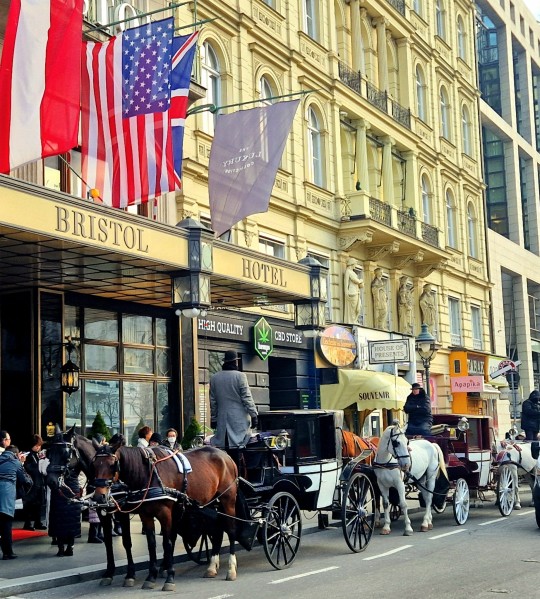
#street photography#street#street art#vienna#austria#horse#fiaker#hotel#travel photography#travel#places to visit#traveling#tourism#travel blog#horse drawn carriage#horse and carriage#princess aesthetic#waiting
8 notes
·
View notes
Text
just bought the bus tickets to innsbruck
#i'll have to wake up at like 5:30 am but whatever#it's just one day#on saturday i'll visit austria for the first time in my life !!!!!!!
5 notes
·
View notes